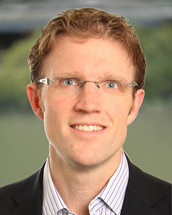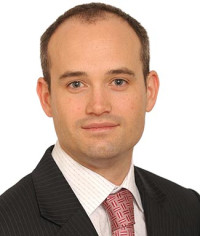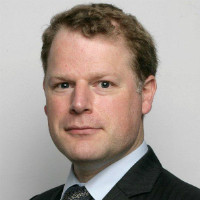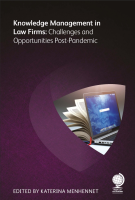Learning expectations of Millennials and Gen Z
14 September 2022

Profex Consulting Ltd
Sally Sanderson discusses how to meet the learning expectations of your Millennial and Gen Z employees.
What do your exit interviews reveal about why lawyers are leaving your firm or private practice? Common reasons cited are a perceived lack of interest in their success, their well-being and that many busy partners seem remote and only focused on getting work done.
The trend towards hybrid or virtual working has not only made partners appear more remote, it has created additional challenges for learning. It is more difficult for inexperienced lawyers to ask quick questions, to get ongoing feedback and their opportunities to observe seniors in action have been greatly reduced. This creates a greater need for partners to take an active interest in their learning and development and this is what Millennials (born 1981-96) and now Generation Z (born 1997-2012) expect. They value learning and development more highly than preceding generations: they have paid for their education and it is one of the top reasons for selecting an employer.[1] Not only do they want formal development opportunities but they also seek leaders who take an interest in them and their development, in setting them up to succeed: “They want guidance, direction, support and coaching. They don’t want to just learn from computers and communicate via handled devices; they want the human element.”[2]
So, if you are a busy partner what can you do to meet these expectations? One quick fix is to have a 5-minute catch-up with a team member before and after they attend a formal development programme. It signals your interest in them, it’s supportive, it sets them up to succeed. It is also an opportunity to clarify how you expect the learning to be applied and to make them accountable for this – which helps to improve the return on the firm’s investment in training.
In your catch-up, instead of telling them what they will learn, ask questions. Millennials and Gen Z are used to having a voice and value a two-way discussion. This is the coaching management style they appreciate. Here are some questions to get the conversation going.
Before attending: prime the lawyer for learning. Help them identify what will be most helpful for their stage and the team’s context. Also, show that you expect them to make time for learning – that on this occasion they, rather than clients, come first! Keep the tone supportive, but for anyone who lacks self-perception provide more challenge.
- What are you expecting to get out of the course?
- What do you find easy/difficult/challenging in relation to the content to be covered on the course?
- How will you manage your time and workload so you can focus while on the course?
- For an interactive webinar: Where are you planning to log-on so that you can speak freely and focus without distractions?
- This is an area that is going to be important/where you have little experience so far – what challenges are you anticipating that the course can help you to address?
- You’ve received feedback on […], or I’ve noticed you find [….] difficult – so this is an area to focus on. How can you use the course to help you address this? What questions will you ask?
After the event: tap into their enthusiasm and use these questions to ensure that the learning is transferred to daily practice.
- What was of most relevance?
- What did it confirm that you are doing well?
- What did you find you could improve?
- How will you do that? When? With whom? On what tasks? What actions have you planned so far?
- How can we create opportunities for you to practise that?
- How are we going to review how effective this action plan has been?
And at their next review: ensure the learning has been embedded and that development continues.
- Looking back, how far do you think you have come since the course?
- How will you build on this?
- What stretch assignments could we give you to keep you developing these skills?
Booking a quick catch-up before and after a course is a great way in the hybrid-working world to be less remote and more supportive. Those 5 minutes could even help you retain as well as develop talent.
Sally Sanderson is a multi-award-winning consultant to law firms. She specialises in leadership, emerging leaders, people and project management. Her clients include global firms and niche practices. She is the author of ‘Leading Lawyers’ published by Practical Inspiration Publishing. She also contributed to 'Mentoring and Coaching for Lawyers' published by Globe Law and Business.
[1] 29% of respondents selected it as a top reason for choosing to work for their current organisation. Deloitte Global 2022 Gen Z and Millennial Survey, p13.
[2] Bruce Tulgan, quoted in 'Get Ready for Generation Z', Robert Half and Enactus, p18.













Any comments - send us an email